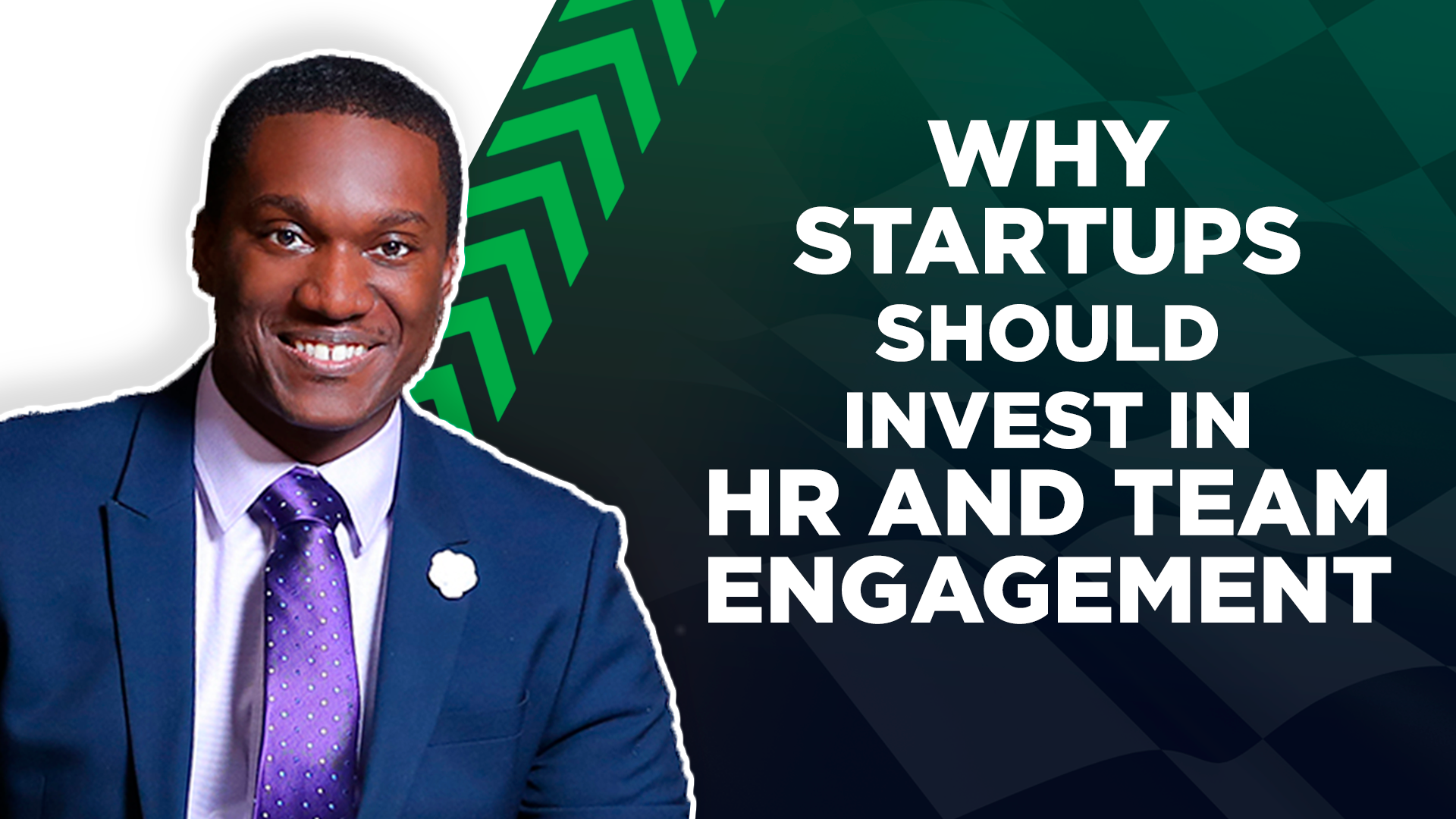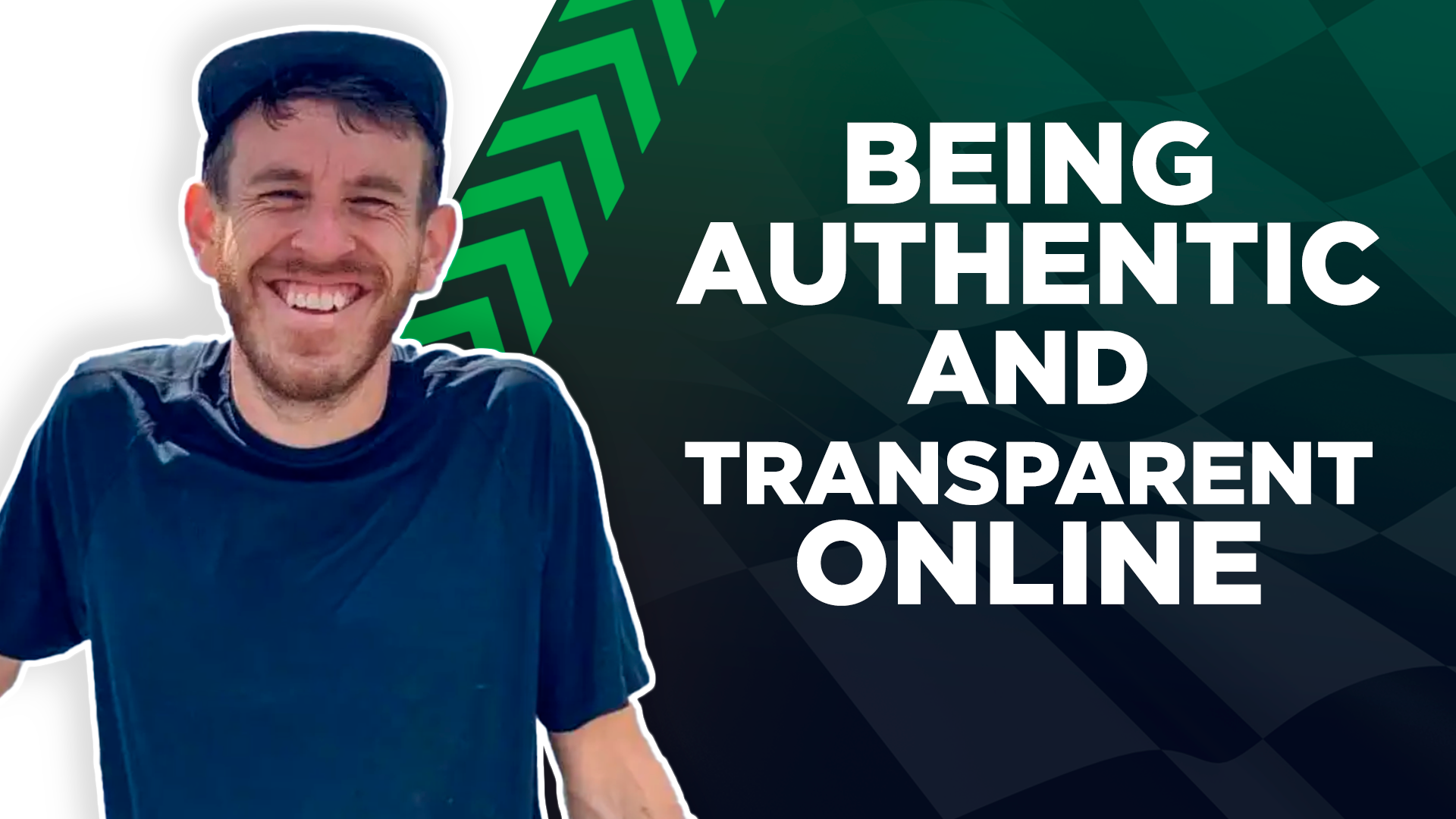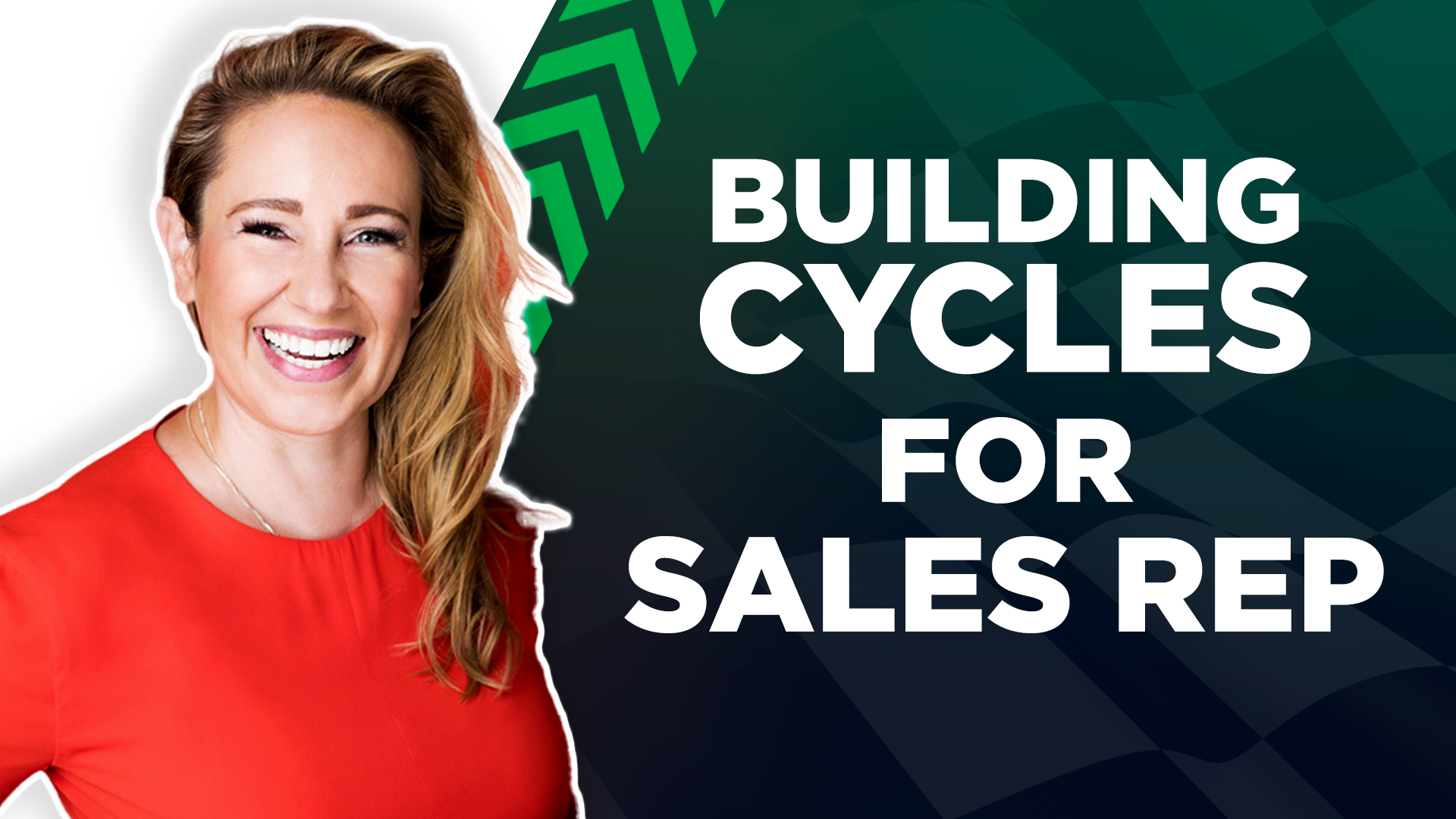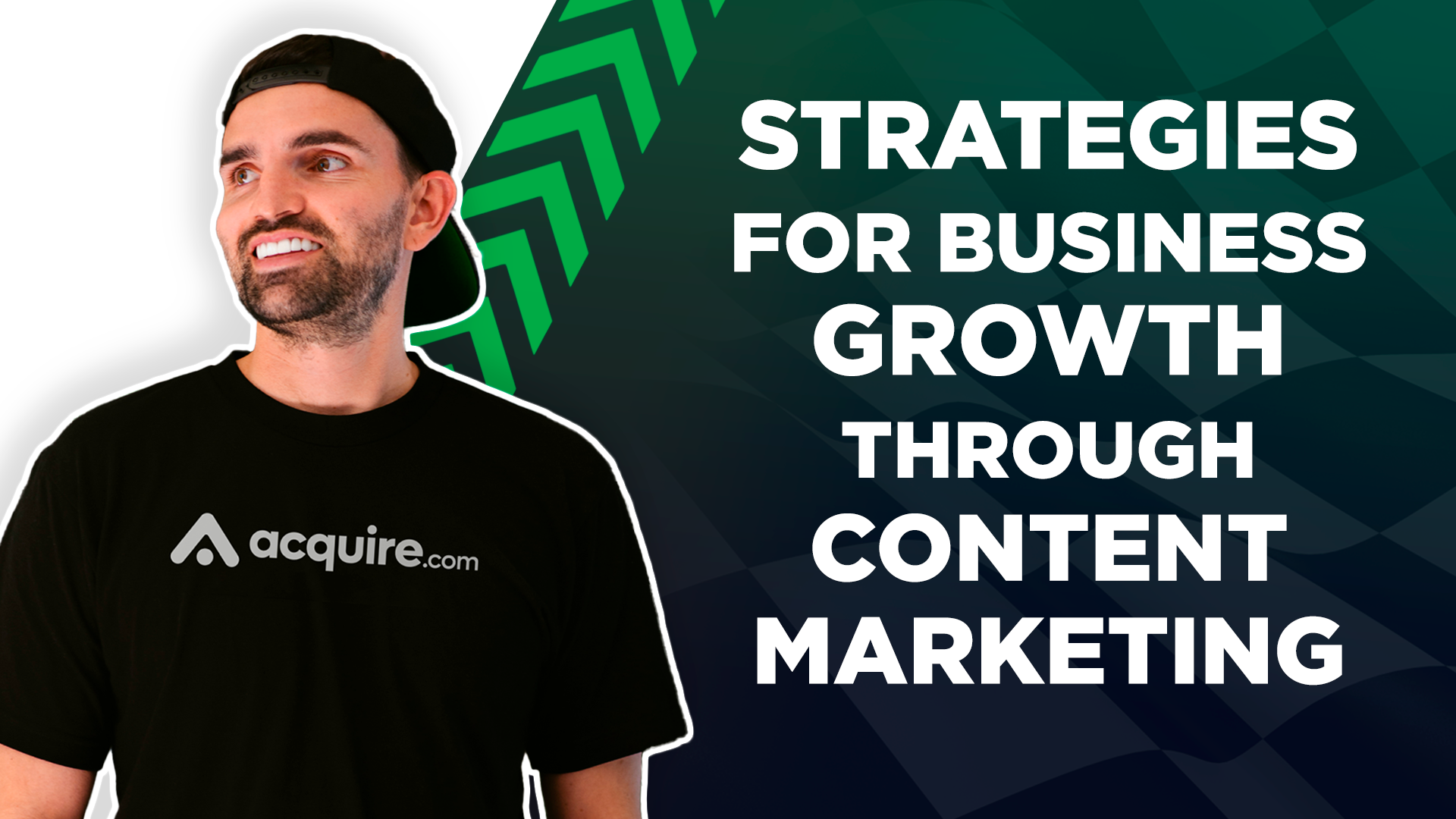Table of Contents
Why Startups Should Invest in HR and Team Engagement
In episode 87 of Pit Stops to Podium, we sit down with Joey Price, CEO of Jumpstart:HR and a respected voice in the Forbes Human Resources Council. With over 15 years of HR experience, Joey has been recognized as a Top 30 HR Professional Under 30 by SHRM's HR Magazine and lends expertise as an Advisory Board Member at UKG.
Our discussion centers on the significance of HR and Team Engagement for startups. Discover how HR influences business growth, the advantages of fostering employee commitment, and effective strategies for managing remote teams. Tune in for Joey Price's invaluable insights, offering a roadmap for startups to harness the power of strategic HR approaches.
If you’re ready to learn from one of the best, then buckle up and hold on!
Pitstop Highlights
The Strategic Importance of HR Investment
We've historically viewed HR as just a siloed department, but when you view HR as having a function, it's job is leveraging the business to be successful.
HR should function within your business by identifying the:
- Standards by which you hire
- Standards by which you retain and hold people accountable to performance
- Culture and rules of the road
- Benefits and compensation
Managers have HR functions such as: rules of the road, setting culture, holding people accountable, and rewards/recognition
Employees have HR functions such as: being good team members, showing up on time, and living by the company values and standards
When HR is viewed as a function, instead of just a department, then everyone has a role to play in making sure HR is a success.
Employee Impact on Engagement, Culture, and HR
"When employees love their job, they'll be more excited about Monday than Friday."
Many people show up to their job with a consumer mindset as opposed to an owner mindset.
Consumer mindset= clock in, complete deliverables, get paycheck, go home.
But when there's greater engagement in the workplace, the employee feels a duty to carry the mission forward. This translates to...
- Recommending ideas
- Being a good team player
- Helping to hold colleagues accountable
- Going the extra mile on projects
Employees go from, "what I can take from the organization?" to "What can I give?"
Fostering Trust, Ownership and Empowering Employees
Organizational leaders should write their corporate obituary, meaning...
write how they want their organization to be remembered. This is so leaders can start reflecting and building the right steps to create the legacy they hope for...and be intentional about it.
Leaders need to assess how they currently line up to their future hopes of being looked at as having a winning product and great brand recognition, and then make the necessary tweaks.
Connect with Joey
LinkedIn: https://www.linkedin.com/in/joeyvprice/
Website: https://jumpstart-hr.com/
Full Transcript
Brendan: Hey everyone, welcome to Pit Stops to Podium, the RevPartners podcast where we talk to execs who have competed and won in taking their companies from high growth to high scale. My name is Brendan Tolleson. I serve as the co-founder and CEO of RevPartners and I'm delighted to have with me today, Joey Price, for this episode of Pit Stops to Podium. Welcome, Joey.
Joey: Brendan, I am excited to rev up the audience and talk about my favorite topic, HR.
Brendan: I love the energy. You know, sometimes we get some people that are a little bit monotone, but that was a great, great start. Well, Joey, for those that may not know who you are, you kind of gave a little bit of a teaser from an HR perspective, but Joey currently serves as the CEO of JumpStart HR. And Joey, what I'd love to do is for you to give our audience a little bit of perspective on who JumpStart HR is and really what inspired you to start this.
Joey: Great, so thanks BT. At Jumpstart, we provide HR services, recruiting services, and training and development services for small businesses and emerging startups all across the country. And for those of you out there who might have a multinational presence and looking to establish a US office, we help you Jumpstart your HR efforts. And I've had the business for 12 years now. I've learned some highs, lows, ebbs, flows. But what keeps me passionate about growing our business and having an impact on others is that we exist to help people be more excited about Monday than they are about Friday. And so it's not your typical HR, check the box, administrative evil HR police. No, we're here to help you set the tone for a really great workplace culture. And it just so happens that we do that through HR practices and recruiting practices, because you know, you build this awesome business for people to make a difference in the world, but you want to have the right folks at the table, right? You want to have the right people plugged in doing what they need to do, thriving in the space that they need to thrive. And so that's what we do. We are your, your partner in success. Um, the origin story of how we got started. I'm an HR practitioner by trade. So I studied kinesiology in undergrad as my college major, which is exercise science. And somewhere about my junior year, I realized, I was like, hey, I don't wanna tape up athletes for the rest of my life. I've got a pivot here, something's gotta change. But I committed to finishing my undergrad degree and somewhere along the way, someone said, hey, you wanna make a difference. You wanna help people grow. You wanna do that in a corporate environment. And I was like, yes. And I don't want it to be tech. numbers or finance heavy. And they said, you should think about HR. And so I said, okay, great. What's that? But through my journey and being a young professional and hitting my stride and finding that this is a field that I really loved, I found that it allowed me to help, instead of helping people perform well on the ball fields, I, and now my company Jumpstart, helps people perform well in corporate settings. And so whether you are an in-person group or remote group or hybrid, we have tools, strategies, and expertise to help you take your business to the next level and scale. So it started from a passion of helping people take that next step and unlock that next year. Uh, and now it's just been a, a business that we've systematized, structured, got some pretty cool brand awareness around. And I get to work with some amazing people day in and day out.
Brendan: That's great. I love that you, to your point, it sounds like there's a really a why and a purpose behind what you're doing. And I love that concept of look forward to Monday versus Friday kind of serves as that motivator for you. So that's a really cool way to think through that. I can't wait to unpack this whole topic. Because I know this is quite a hot button issue for a lot of early stage tech companies. Do I invest? Do I not? And I know you have an opinion on that. But before we do that, Joey, we do have tradition here at Pit Stops to Podium, and that's to get to know our guests outside of work, to understand the human element of the person. So what are those passions, hobbies that our audience should be aware of?
Joey: First and foremost my family. I've got two young beautiful girls a wife that I love we live here in Maryland So if you don't catch me anywhere else I'm usually somewhere with my my wife and kids having a good time or let's be honest. Sometimes it's stressful But hey, that's the part of life, right? So that's one family. Second is I love to travel so Sometimes I consider myself like a politician because I've been to all the different states. I like meeting different people. And then the third thing is I love just podcasts and anything that I can consume through my headphones where I can learn, grow, be curious. So it's either an audio book or a podcast. I'm usually listening to one or the other as I'm coming and going about the day.
Brendan: Okay, what was the most recent audio book that you would recommend that you've read?
Joey: That is perfect. I actually read this book every year and I just finished it for this year. I wanna pull it up so that you have the name exactly. I think it's right on time too. It's called A CEO Only Does Three Things. And the book is by a guy named Trey Taylor and it really boils down what are the three things you should be focusing on as a CEO. And if you're focusing on anything else, you probably need to delegate it. So that's my latest read. I think it's pretty timely for the audience too.
Brendan: It is. It's a great segue as we think through, you know, as founders are thinking through those three things that they should be aware of. You know, given what you do at Jumpstart HR, you know, we're going to talk a little bit about, you know, why should startups invest in HR? Like what the impact in overall engagement, probably in the growth element, which may sound a little bit counterintuitive, because if the audience is like me, historically, I've thought of HR more as a cost center than it actually a benefit to the overall growth of the organization. So I'm really excited to dive into this. And so I think that let's start here. And I think it's that anchor topic here. I've just, when we think about it, what is the role of the HR function? And ultimately, why would you argue that it drives growth or engagement versus what that traditional, hey, is this some compliance function that we have to do? And we can delay that to a later date.
Joey: So Brendan, I love that you asked the question about the role of the HR function because so often we've historically thought that HR is a department. There are people that are siloed and they only do their HR things and only they know the impact that they're having in the business. And someone argue maybe they're not because who to say if they're effective in that siloed space. But when you think of an HR function, it's how you leverage the business to be successful. So HR should function well in an organization by identifying the standards by which you hire, identifying the standards by which you retain and hold people accountable to performance. the culture and the rules of the road, benefits and compensation, and really it doesn't have to rely just on a department. Managers have HR functions. And those functions exist by way of rules of the road, setting culture, holding people accountable, rewards, recognition. Employees have an HR function by being good team members, showing up on time. living by the values and the standards that are set by the CEO, leadership team, et cetera, et cetera. So if we think about it as a function, everyone plays a part in making sure that HR is a success in the same way that everyone plays a role in revenue, everyone plays a role in cybersecurity, everyone can play a role in promotion, marketing, brand awareness. It's not about siloing HR in a department, but sharing the duty and obligation. and encouragement around being a really great place to work.
Brendan: I like that. It's, yeah, there's a common collective there. And, you know, even I was thinking about for our organization, one of the things we talk a lot about is this idea of carry and cast. And so like our middle management ultimately is the one that's gonna have to carry like the burden of our mission, our vision, our values and casting that to new employees and ultimately our customers that experience that. And so that's that. collective of, hey, we all own this culture. And HR is a facilitator to enable that to happen and to orchestrate it, as opposed to them being the sole person that owns that. I think that's a really good way of articulating it.
Joey: Yeah, and you know, I can give an example of thinking about exit interviews and why people leave organizations. To your point, BT, the most important relationship that any individual has is with their manager. And so if their manager is not trained, inspired, engaged, aware of how to create a great workplace environment, then the employees are going to feel that ripple effect tremendously. And executives are going to wonder why, Hey, we've got these managers in place. They're doing what we asked them to do on the job duty side. But for some reason, people just aren't getting along and they're leaving and there's turnover and we're wondering why. The, the manager's role in HR is probably an entire episode for another time. But I just want to impress upon people. If they get nothing else, you are right. Managers set the tone for the employee experience. And the way you improve the tone is through quality HR outcomes and quality HR function in your business.
Brendan: Yeah, I think that's a good, I'd love to unpack that a little bit further, as it relates to, I mean, training kind of fits in this overall concept of engagement. And so, like, and you, I think you mentioned even the X interviews and how much that's tied more to the manager than is the broader organization, and what's by decreasing the engagement. And so what are, what are some ways that you've seen or recommendations or best practices to, to drive that engagement? And I can only imagine it's gotten harder with you know, distributed remote teams or hybrid, whatever it may be. But what are, what are some, you know, applications that our, our CEOs, founders should be aware of, uh, as they continue to build in this new world we live in.
Joey: Yeah, so before the pandemic happened and we all made the pivot to, or most of us made the pivot to working remotely, what we fail to acknowledge is that we were still at a managerial deficit. The research has shown that 60 to 70% of individuals who have a managerial role have never been trained on what it means to be a manager. So we've likely promoted individual contributors who are great at what we, at they sorry, great at what they do. And we wanted them to by osmosis replicate themselves, but they haven't been coached, trained, and developed on soft skills, influence. Um human resources policies procedures and how to govern those things effectively So we really have a lot of people if we could be quite honest who are either scared of the role that they're in or they're afraid of the role that they're in because they haven't been coached and adequately trained And you know you talked about HR being cost center and maybe that's historically true of of the mantra around whether or not You know, it's worth it to make the spend. But my question to the entrepreneur who's listening to this, to the chief revenue officer is how much are you willing, how much cash are you willing to burn on getting HR wrong? That's by way of turnover. That's by way of managers, not performing up to expectation. That's by way of not having a clear performance management process in place and helping to coach and grow and develop team members. How much are you willing to burn? And if that's a hefty number, go for it. But if you wanna reel that in and have some controlled spend on your HR outcomes, you should get some coaching and advising in the room.
Brendan: Yeah, I like driving some accountability there of, yeah, I mean, it's a great way to flip it on that leader in terms of what is really their priority. And if it is to create a great culture that attracts and retains people, yes, we all kind of own that, but someone needs to be, to your point about focus, as a CEO, you've got three things you can focus on. Someone needs to be able to really carry that. flag and make sure that's actually happening inside the organization. And that's a great example of what an HR function can ultimately orchestrate. Um, let's talk a little bit, you know, Joey going, we talked about the role of the leader or the manager, but let's take, let's flip that. What's the role of the individual contributor or that employee as it relates to engagement, culture, HR function, um, what, what role do they play?
Joey: Yeah, so I started this talk by talking about how I'm more excited about people. being excited about Monday than they are about Friday. And so that's helping to love jobs. But many people show up to their job and have a consumer mindset as opposed to an owner mindset. And there are books about this, but really in low engagement organizations, the consumer mindset is I'm clocking in, I'm completing deliverables, I'm getting my check, I'm going home, or I'm unplugging if I'm already at home. to places with greater engagement, the employee feels the duty to carry the mission forward. So they're recommending ideas, they're being a good team player, they're helping to hold their colleagues accountable, they are going the extra mile when it comes to pitching in a project. So you start to see employees go from, what can I take from the organization? So really what can I give and what is that lasting mark that I can have? Not just because they want a promotion or they want a raise or a bonus or some recognition, but because they truly believe that they're locked into the mission of the organization, what it stands for, what it's trying to accomplish, and they understand their role in making it happen. And this whole thing that I'm mentioning, it's not going away. We see that Gen Y believes that, and then Gen Y believes that to the 10th degree. And so the more younger generations are entering into the workforce, they are choosing to work at places that they believe in the mission.
Brendan: Yeah, I think I love the idea of pivoting from consumer to owner. Um, so, I mean, it's something we talk a lot about even at our company of, Hey, this isn't my company. This is our company. This isn't my culture. This is our culture. Um, and so it's just trying to reinforce that idea, but at the same time, I think one of the challenges that people have when you think about it more of it as a partnership is like this, there's a fracture of trust between, uh, an employer or an employee to, to believe that it's like, I. You talk about the generations, like, hey, I want to believe that. I desire to be part of a mission, but can I truly trust the organization? And so, yeah, I think it's a final lap question. Like, how do you reconcile that? And how do you, what's the, what are ways that you would encourage, you know, the founder or the CEO to say, Hey, here's one step you can take to empower employees to feel that in a world that's getting increasingly divisive.
Joey: Yeah, great question. And truly been a pleasure chatting with you today. I'm still on fire about this topic. I think if I could leave CEOs with one thing. I recently gave a Ted Talk and it's not out live yet, so I'll just spill it. But one of the things that I encourage in that Ted Talk is for organizational leaders to write their corporate obituary. And what I mean by that is write how you want your organization to be remembered so that you can start reflecting and building the right steps to create that legacy that you one day hope your organization is known for. So if you think about the end of your organization or the legacy of your organization and whether or not you are lining up to that as an employer of choice, as a winning product, as a great brand recognition, if you're not there, you've got some tweaking to do and that's totally okay. We've all got tweaking in our business, but just, you know, be intentional around that area. Think about the end, think about how you want to be remembered and, uh, do the right things to, uh, have the right conversations. and make that positive pivot.
Brendan: Yeah, I like that. It's kind of, I think it's, was it Stephen Covey's book that talks about your funeral? Like how do you want to be remembered from a personal perspective, but this is getting into it from a business application of what is kind of what's the culture that you want to be remembered for creating and cultivating. I like that a lot. So I'll have to look out for that TED talk when it comes out. So Joey, I really appreciate the time and the opportunity to learn more about your story. and how you work with companies really help them think through the importance and the value of having this in place sooner rather than later. If our audience wants to get to know you or Jumpstart HR, what's the next step they can take?
Joey: Next up, if you want to get in contact with me, I'm everywhere on the interwebs at Joey V Price HR. So you can connect with me on socials on LinkedIn. Just search for my name, Joey Price. If you want to connect with the company, for example, if you need some recruiting to find the right talent, if you need HR to handle day-to-day workplace culture and administration, you can find us at jumpstart-hr.com. And similar to BT, I've got a pod. So it's called while we were working. It's a great entry way to learn more about what we do, how we do it, what we believe, and it'll be packed with tips to help you improve the HR function of your business. You can find it wherever pods are, wherever you get your pods, and even YouTube as well for clips from our episodes.
Brendan: That's great. Well, Joey, thank you for coming on board. Audience, if you didn't hear that, go on LinkedIn. You'll find Joey there or get access to his podcast or even watch a TED Talk that's coming out soon. Joey, we really appreciate the time and we look forward to staying in touch.
Joey: Alright, thanks man.
Want to learn from more industry experts?
Come check out the full Pit Stops to Podium podcast repository!




